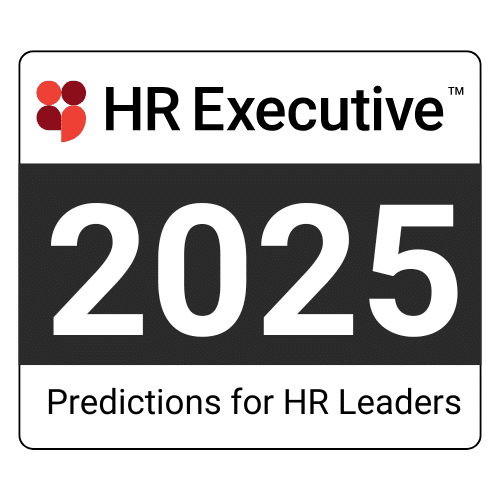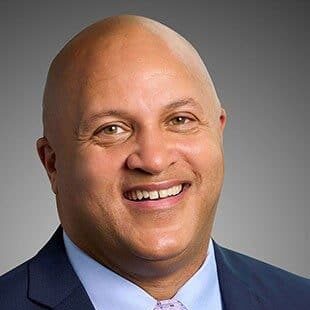The recent U.S. presidential election deeply divided the country—and American workforces. The presidential race may be over, but divisions will continue to persist around a range of social and political issues, all of which will have significant implications for HR leaders in 2025.
That’s according to Ernest Marshall Jr., executive vice president and CHRO of intelligent power management company Eaton. The recently inducted 2024 Fellow of the National Academy of Human Resources says one of the most pressing—and complex—challenges for HR in 2025 will relate to how the increasingly blurred lines between work and the outside world impact organizational culture.
“In the past, when there were geopolitical issues or societal issues, only if it was something really egregious happening would an organization comment. But especially with social media at play now, it’s almost impossible not to comment,” Marshall says.
Polarization: A defining impact for HR in 2025
Whether or not to take a public stance on hot-button issues was something many organizations wrestled with in the lead-up to the presidential election. While a number of studies found that most employees didn’t want leadership directly voicing support for one candidate or another, research largely points to an eagerness among employees for companies to speak out on pressing social issues.
 For instance, a recent Gartner study found that 87% of employees surveyed want their employer to take a stand on societal issues relating to their business; about three-quarters believe organizations should do so on any important societal issue.
For instance, a recent Gartner study found that 87% of employees surveyed want their employer to take a stand on societal issues relating to their business; about three-quarters believe organizations should do so on any important societal issue.
There will continue to be many of them for HR in 2025, Marshall notes—from increasing labor activity to how AI is changing the way work gets done, and from new pay equity laws to the rights of LGBTQ individuals, women and people of color.

“Never in my career have I seen all of these things coming at you with what feels like the same speed all at once,” Marshall says. “And they’re all people-related. Everything is someone’s opinion about something else at a macro level—that then becomes an issue for organizations and HR teams.”
Rarely is there a headline-making event or movement where the rightness or wrongness is clearly evident to the vast majority of Americans—Marshall cites the George Floyd murder as the closest recent exception. Most of these controversial issues will garner support and opposition from equal amounts of employees, who are becoming increasingly willing to speak out in the workplace on the macro topics about which they hold strong opinions, he says.
“We’re dealing with a workplace that mirrors the world—here in the U.S. with the recent election, we had 50 on one side and 50 on the other, and that’s what our workplaces may be like,” says Marshall, who joined Eaton in 2018 after HR leadership roles at GE and GE Aviation.
HR professionals, he says, should proactively strategize now—for 2025 and years beyond—about how they will continue to address important societal issues, “smartly, as a company,” Marshall says. That involves questioning what to say, how to say it and, importantly, how to speak out while still driving cohesion among employees.
“The principles we espouse now become part of our culture,” he says. “The real focus needs to be on the values we have as an organization. Stay true to that.”
Related: Read more insights from the 2024 Fellows of the National Academy of Human Resources.
The post HR in 2025: A tale of a continuing divided workforce appeared first on HR Executive.